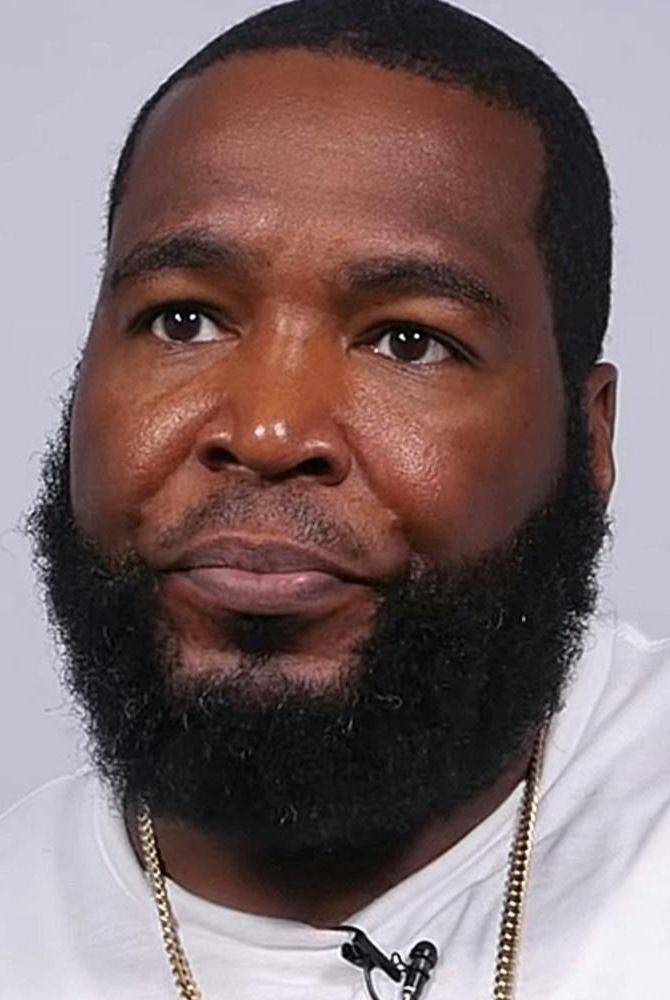In a riveting conversation that blends humor, hard truths, and heartfelt reflection, entertainer Nick Cannon sat down with Dr. Umar Johnson, a certified school psychologist, author, and outspoken advocate for Black empowerment. The discussion, rich with insight and unapologetic candor, tackled everything from the state of the Black community to the personal challenges of activism, offering a compelling look at leadership, loyalty, and the pursuit of change.
A Call for Community Over Celebrity
The exchange kicked off with Cannon probing Johnson’s views on the responsibilities of prominent Black figures. Johnson didn’t mince words, arguing that wealth or fame doesn’t excuse anyone from uplifting their community. “No matter your tax bracket, being a Black man or woman and fulfilling that God-given obligation should be your priority,†he asserted. He criticized the tendency of some celebrities to prioritize personal gain over collective progress, pointing out a lack of investment in tangible institutions like schools, banks, and hospitals that could serve Black neighborhoods.
Johnson’s perspective is rooted in history and practicality. He reminded listeners that even the most celebrated figures-like Bill Cosby-eventually need their community when the spotlight fades or the system turns. “When the white power structure is done with you, they throw you back to the wolves,†he said. “You’d better have a good relationship with your people.†Cannon, nodding in agreement, praised Johnson’s hands-on approach, noting that unlike many, “you’ll at least have the conversation.â€
Religion, Race, and Loyalty
A standout moment came when Johnson addressed a cultural quirk he finds unique to Black Americans: an unwavering loyalty to religion over racial identity. “We’re the only ethnicity in America who puts religion above race,†he declared, suggesting this allegiance often dilutes communal solidarity. Cannon, visibly struck by the weight of the statement, responded, “That’s heavy. We’ve got to learn to put the race first.â€
Johnson elaborated, framing Blackness as a divine gift that transcends chosen affiliations like religion or social clubs. “God made you an African. You made yourself a Christian, a Muslim, an atheist-you chose those things. You can never stop being Black, even if you tried,†he said. It’s a perspective that challenges listeners to reconsider their priorities, placing racial unity at the core of identity.
The Burden of Leadership
As the dialogue shifted to personal experiences, Johnson opened up about the complexities of his public life. Known for viral soundbites like “Black queens forever, snow bunnies never,†he admitted that his celebrity status-though a byproduct of his activism-complicates relationships. “Women want to brag they know me personally, but what if I need to hide out at your house? I can’t trust you if you’re too loose with your lips,†he explained. For Johnson, discretion is a matter of survival, not just preference.
Cannon, himself a public figure, related to the tension between fame and purpose. Johnson clarified that his mission isn’t about glamour-it’s work, often dangerous work. He revealed receiving regular death threats, some from within the community, others from systemic forces. A chilling anecdote from a trip to Costa Rica underscored the stakes: two men posing as Philadelphians quizzed him, only to falter under his counter-questions. “They were agents,†he concluded, a suspicion later confirmed by an FBI insider who warned him, “They’re watching you.â€
Empowering Black Parents
The conversation took a practical turn with Johnson’s latest book, Black Parent Advocate, which aims to arm parents with knowledge to navigate school systems. Drawing from his expertise as a psychologist, he highlighted common pitfalls-like schools pressuring parents to medicate children or evaluate them against their wishes-and offered solutions. “If a special ed program fails your child, you can make them pay for private school or demand compensatory education funds,†he explained. It’s a toolkit for empowerment, born from years of seeing Black families underserved by educational institutions.
Cannon, impressed, asked how Johnson manages his bandwidth. With a public phone number and a flood of messages, Johnson relies on screening texts to focus on what matters. “I decide what’s worth my time,†he said, a strategy that keeps him grounded as he prepares to open his long-awaited Frederick Douglass Marcus Garvey Academy (FDMG).
Redefining Activism
What does it mean to be an activist? For Johnson, it’s about being “an unapologetically African, anti-snow-bunny alpha male†and a “weapon of mass construction,†independently funding solutions for the community. He contrasted this with “soft activismâ€-think celebrities who donate but avoid the front lines-nodding to figures like LeBron James and Jay-Z. While acknowledging their contributions, he urged them to shift from charity to institution-building. “Stop giving money to white colleges. Invest $25 million in a school, a bank, a supermarket, a hospital,†he proposed, sparking Cannon to pledge $50 million toward that vision over the next decade.
Johnson’s critique extended to the broader community’s reluctance to sustain long-term investments. “We like charity because it’s one and done. Institutions require commitment,†he said, a challenge to rethink how wealth can serve Black futures.
A Life Lesson and Steps to Impact
Reflecting on his journey, Johnson shared a hard-earned lesson: “The people around you don’t always believe in you-they’re there because they need you.†It’s a realization that’s shaped his guarded yet grounded approach. When Cannon asked for his five steps to being “successfully effective,†Johnson offered: study, preparation, spirituality, self-motivation, and staying grounded. “Never forget where you come from or who you’re doing this for,†he emphasized.
A Vision for the Future
The session wrapped with a blend of laughter and resolve, as Cannon promised to dive into lighter topics-like relationships-on a future Counsel Culture episode. For now, the focus remained forward-looking: a call to action for Black unity, institutional power, and unyielding commitment. Johnson’s words lingered: “There’s no compulsion in consciousness. People will come to it in their time.†For him, and perhaps for Cannon too, the mission is clear-build, uplift, and endure, no matter the cost.
This dynamic exchange not only educated but inspired, proving once again why Johnson’s voice resonates so deeply-and why Cannon remains a willing student in the classroom of Black empowerment.


